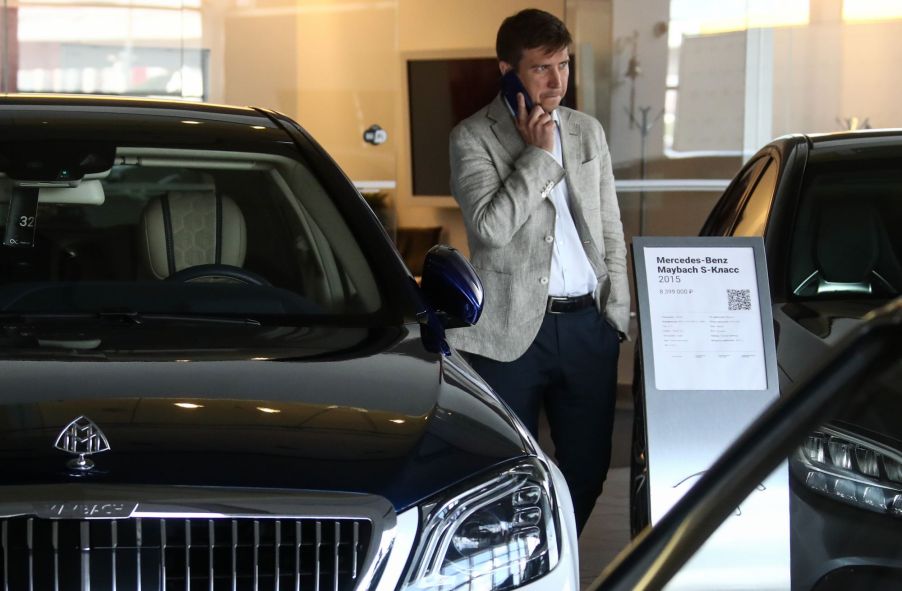
Car Buyers Are Not as Happy as They Were in 2020, Study Shows
In 2021 the worst year was slowly unfolding as chip shortages due to various reasons reached an outrageous level that affected car shopping across the world. More and more problems seemed to affect car buying and manufacturing continued on the way. But how do car buyers feel about it?
Chip shortage threatens the auto industry with a massive $210 billion loss

If you can’t buy your favorite Ford-F150 pickup or an essential washing machine right now, blame the chip shortage crisis. It began as a glitch in the production process but quickly escalated to a global problem threatening the auto industry with billions of losses.
CNBC estimated that by the end of 2021, the world would be down by over 7.7 million chips, which is a massive blow to the already ailing industry. The crisis was due to a combination of various factors, including the coronavirus (COVID-19).
The lockdown imposed by authorities to tame the spread of the virus forced many chip factories to shut down. Being a vital manufacturer, the effects were almost immediate as no chips were made and sold. Initially, experts predicted the loss would hover at $60 billion, but they were mistaken because the industry is currently staring at almost a quarter a trillion-dollar loss.
As the pandemic crippled daily routines, many workers shifted online, creating a sudden demand for computers and networking paraphernalia. We all know very well that computers need chips to run. This spiked chip demand compounded the already uncontrollable crisis.
Other contributing factors are trade wars between the US and China, severe storms that decommissioned Samsung and NXP semiconductor firms in the USA, and a fire that brought down the Asahi Kasei semiconductor plant in 2020.
Lastly, Taiwan, which accounts for almost 50% of global chip production, was hit by the worst drought in half a century, drying out water sources. Chips require ultra-pure water and lack of it slows down production.
A slight dip in car buyers satisfaction
During the initial stages of the pandemic, car dealers and buyers had to embrace new business models, which had a profound impact on general satisfaction. One of them was transitioning to online platforms.
According to Cox Automotive Study, 72% of consumers were satisfied with the new shopping experience in 2020. Also, more than 64% of consumers promised to transact online again after a positive experience.
Dealers were also happy with the new norm, with 75% acknowledging they would not survive without shifting to online platforms. The study continues to state that little over 50% of dealers believed online trading improved customer experience, and 80% of them plan to move online by 2023.
Compared to the pre-pandemic, consumers are making it clear that online trading is here to stay because they are getting customized options and spending less time researching the best cars.
While dealer’s experience remained top-notch in 2021, consumer satisfaction dipped by 6% to 66%. This is mainly attributed to inventory shortages, but generally, consumers are happy to work with what the market offers.
Used car prices are skyrocketing
Globally, the used car business is booming. But lately, it has recorded over 35% price increases. Car and Driver report that the average price of a used car rose from $27000 to $27500, with regions like Utah, Chattanooga, and Philadelphia recording over 25% price increases.
The pandemic, chip shortage reducing the supply of new cars, and supply chain issues have obviously contributed to the rising price of used vehicles. Hopefully, there will be an end in sight soon.


